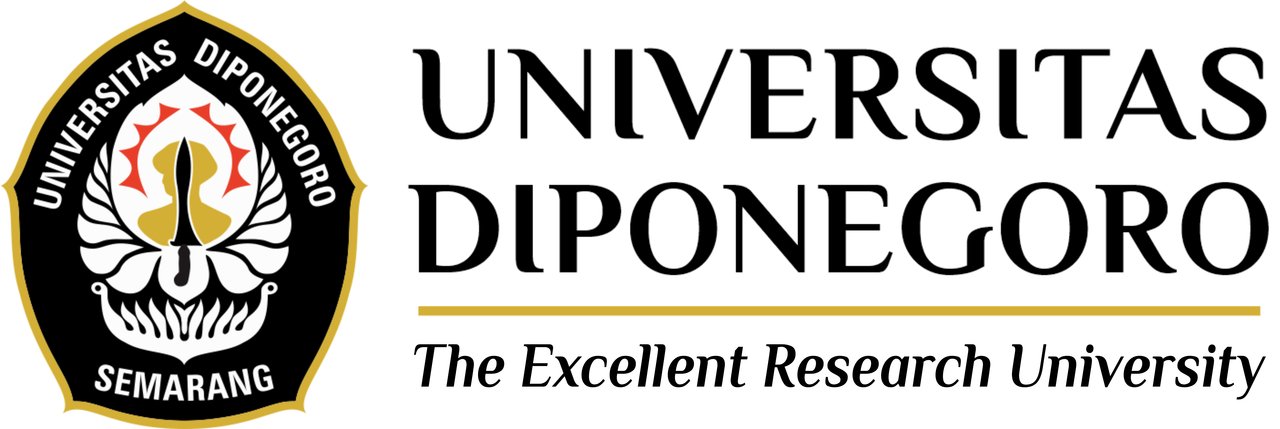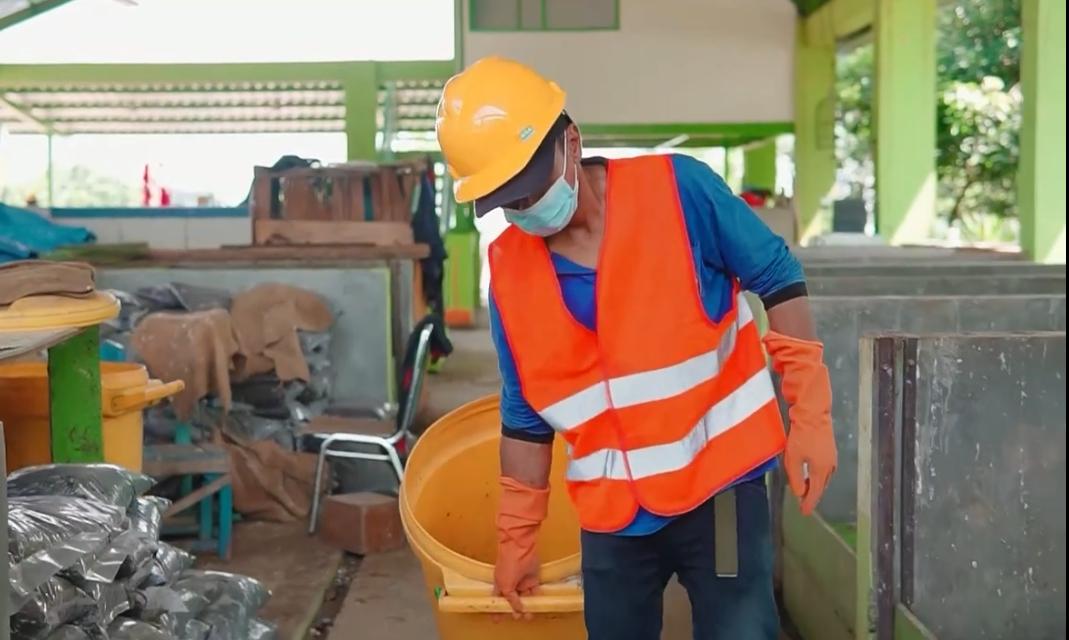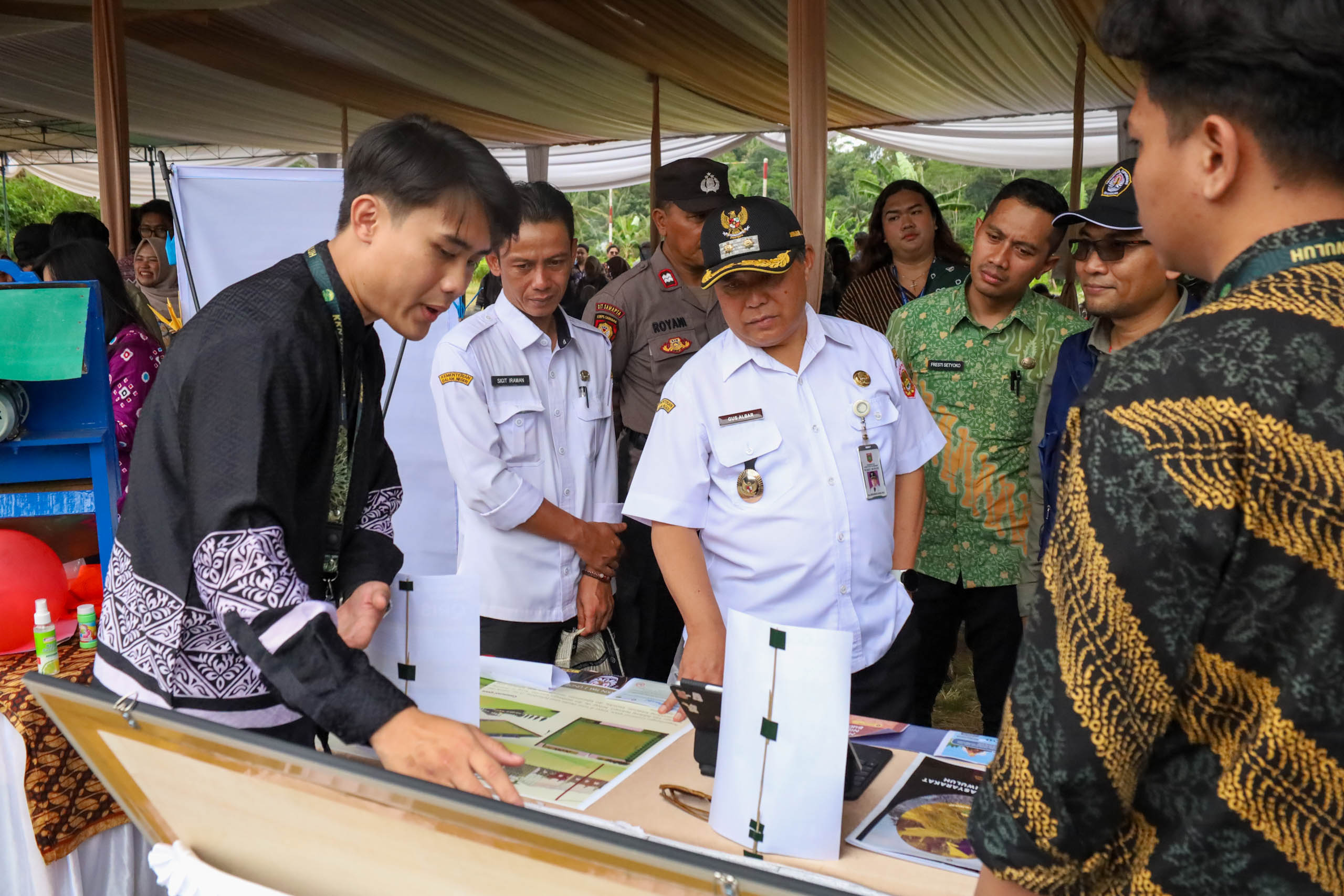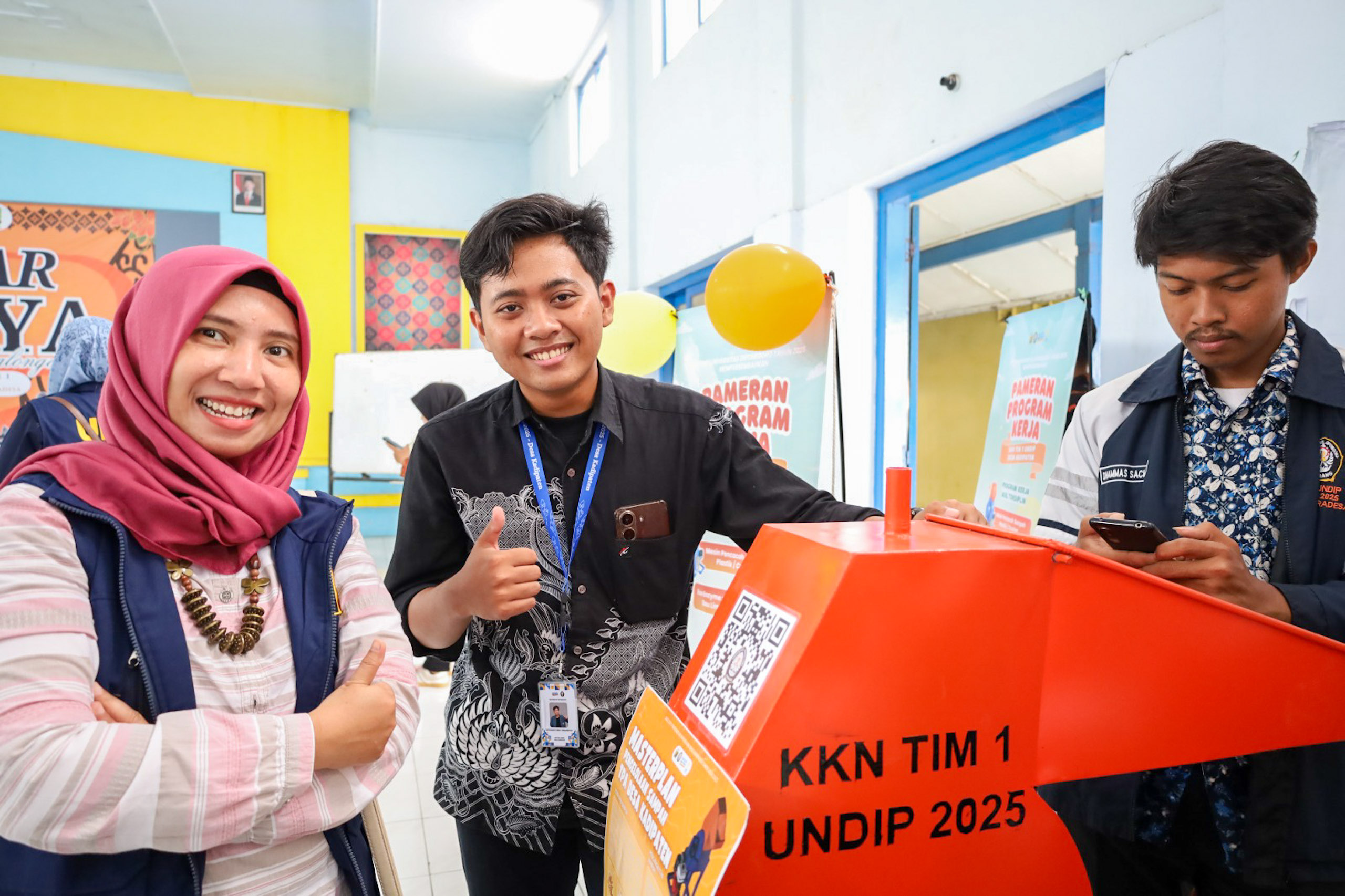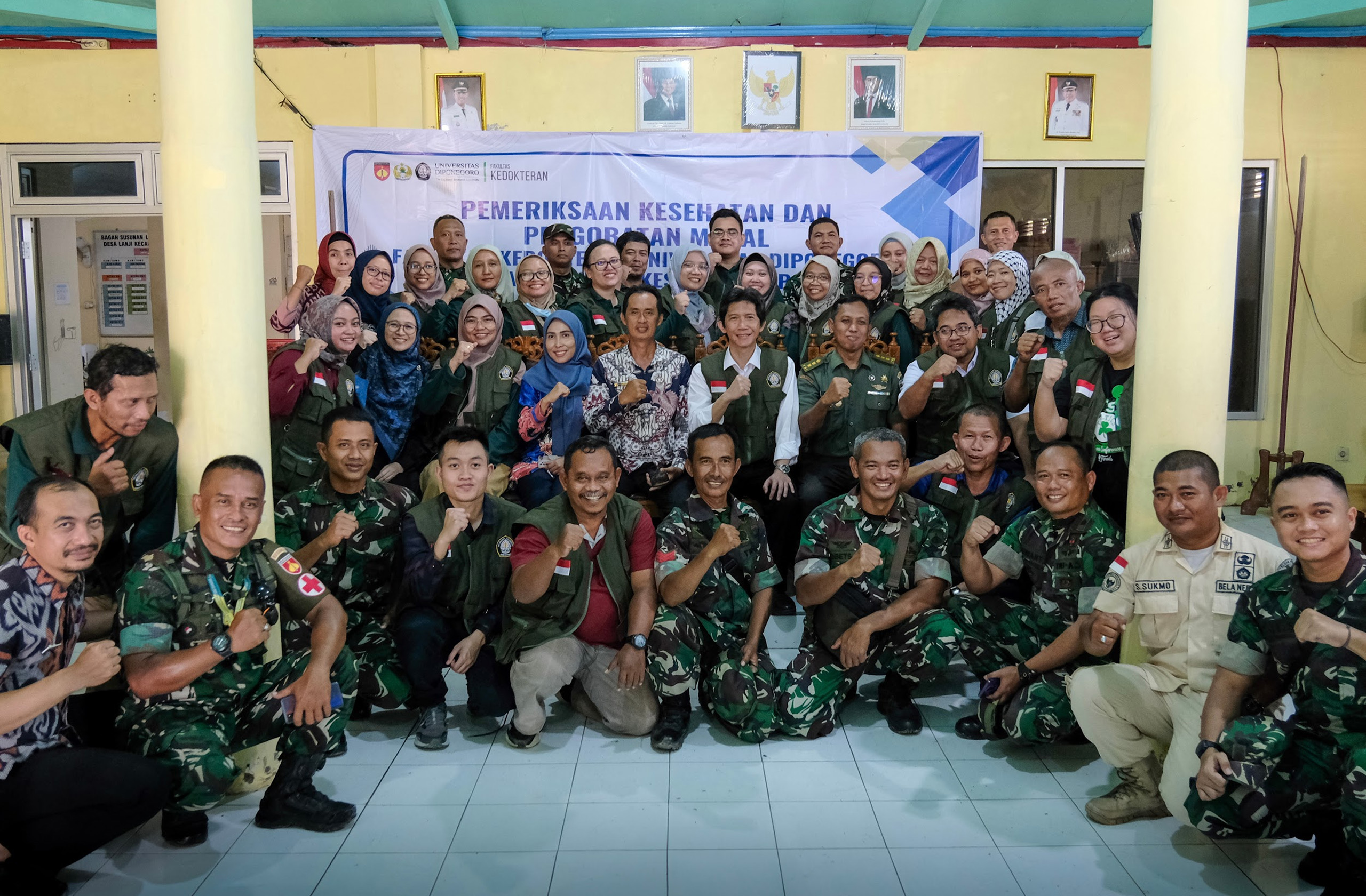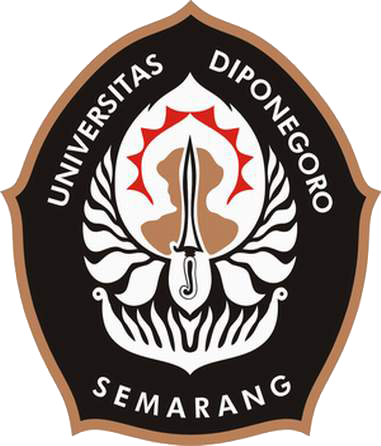UNDIP, Semarang (April 4) – As the second most sustainable university in Indonesia according to the 2025 UI GreenMetric rankings, Universitas Diponegoro (UNDIP) continues to strengthen its commitment to creating a healthy, safe, and environmentally friendly campus through its Occupational Health, Safety, and Environment Technical Implementation Unit (Unit Pelaksana Teknis Keselamatan, Kesehatan Kerja, dan Lingkungan / UPT K3L).
Under the leadership of Dr. Bina Kurniawan, S.KM., M.Kes., UPT K3L UNDIP actively develops policies and programs related to occupational safety, health, and sustainable campus environmental management. Various initiatives have been carried out to raise awareness of health and safety risks, including laboratory waste management, disaster mitigation, and health protocol implementation.
“UNDIP already has certified professionals in various occupational safety fields, such as fire safety, general occupational health and safety (K3), first aid, electrical safety, and laboratory safety. With this qualified human resource base, we aim to create a safer campus environment for the entire academic community,” said Dr. Bina in a podcast on Wednesday (March 19, 2025).
As the Head of the UNDIP Healthy Campus Team, Dr. Bina has also initiated numerous promotive and preventive programs to foster a campus environment that supports the health of students, lecturers, and educational staff. One flagship program is the Pos Pembinaan Terpadu (Posbindu) or Integrated Health Post, which provides routine early detection of non-communicable diseases (NCDs) at the university’s central office and faculties/schools.
“Posbindu examinations include blood sugar checks, blood pressure, cholesterol, uric acid levels, and Body Mass Index (BMI) measurements. This program aims to provide an early overview of the health status of the UNDIP community,” he explained.
In addition, UPT K3L has launched a mental health screening application, inaugurated by the UNDIP Rector on December 6, 2024. This application allows members of the academic community to perform early mental health assessments, enabling timely medical follow-ups if needed.
Environmental Management Commitment
As part of its efforts to build a sustainable campus, UPT K3L UNDIP also focuses on waste management. Recognizing the high volume of daily waste produced, Dr. Bina emphasizes the importance of separating organic and inorganic waste and adopting the 3R principles (Reduce, Reuse, Recycle).
“UNDIP has even introduced the first Reverse Vending Machine (RVM) in Semarang, allowing campus members to exchange plastic bottles for rewards in the form of money. This action is a major step in reducing plastic waste on campus,” he stated.
Dr. Bina also highlighted the need to shift cultural practices during significant events such as graduation ceremonies, professor inaugurations, and university anniversaries. “Instead of giving flower bouquets, we encourage using plant seedlings as celebration symbols, which will be planted and tagged with the giver’s and receiver’s names. This effort is required not only to reduce waste but also to enhance campus greenery,” he added.
Regarding hazardous and toxic waste (Bahan Beracun dan Berbahaya / B3) generated by laboratories, UPT K3L UNDIP has established a Temporary Storage Facility (TPS) prior to further processing by authorized third parties.
UNDIP’s Achievements in Sustainability
The efforts of UPT K3L UNDIP in fostering a healthy and sustainable campus have contributed significantly to UNDIP’s national and international achievements. According to the 2025 UI GreenMetric World University Rankings, UNDIP ranks 2nd in Indonesia, 4th in Asia, and 26th globally as one of the most sustainable universities.
“On National Health Day 2024, UPT K3L UNDIP also received recognition from the Ministry of Health for its excellent implementation of the Healthy Campus program,” said Dr. Bina.
With his experience and dedication, Dr. Bina Kurniawan remains committed to shaping UNDIP into a university that excels not only academically but also as a healthy, safe, and sustainable environment for its entire academic community. (DHW)

